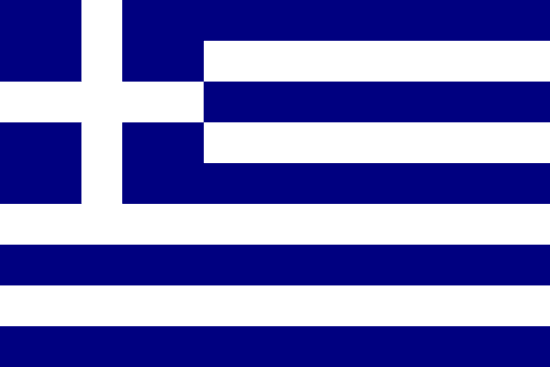"Μολὼν λαβέ | Come and take them"
About:
Sparta, an ancient city-state in Greece, was founded around the 10th century BC. Known for its military prowess, it was a dominant power in the Peloponnesian War (431-404 BC). After a series of defeats, it fell to the Roman Empire in 146 BC. Sparta's influence waned during the Byzantine period, and it was eventually abandoned. Today, modern Sparta, founded in 1834, is a small city in the Laconia region of Greece, known for its archaeological sites.
When to visit:
Sparta, located in the picturesque region of Laconia in southern Greece, offers a rich cultural experience for visitors throughout the year. However, the ideal time to visit Sparta on a holiday is during the spring and early autumn months. This period provides a pleasant climate with mild temperatures, making it perfect for exploring the ancient ruins, museums, and natural landscapes that Sparta has to offer. Additionally, visiting during these off-peak seasons allows for a more relaxed and authentic experience, away from the crowds of peak tourist times.
When to avoid:
The worst time to travel to Sparta, Greece on a holiday is typically during the peak summer months of July and August. During this time, the city experiences scorching temperatures, overcrowding, and high tourist prices. The intense heat can make sightseeing and outdoor activities uncomfortable, and popular attractions may be packed with tourists. To avoid the crowds and soaring temperatures, it is advisable to visit Sparta during the shoulder seasons of spring (April to June) or autumn (September to October) when the weather is milder and more pleasant for exploring the city and its surroundings.
"Winter Season (Dec-Feb)"
In Sparta, Greece, the coldest and wettest period is from November to February. Average temperatures range from 7°C to 14°C, with January being the coldest month. Rainfall peaks in December, averaging 148mm. Days are shorter with around 4-5 hours of sunlight, often diffused by medium to high cloud cover. An average day for a visitor might involve bracing the chilly winds while exploring historical sites, with frequent indoor breaks to escape the intermittent showers. Warm clothing and waterproof gear are necessary.
"Spartan Summer (June-August)"
In Sparta, Greece, the warmest part of the year is typically from June to August. During these summer months, the average high temperatures range from 85°F (29°C) to 92°F (33°C). Rainfall is generally minimal, with July being the driest month averaging less than 1 inch of rainfall.
The summer season in Sparta is characterized by long, sunny days, with an average of 11-12 hours of sunlight per day. Humidity is typically low to moderate, making the heat more comfortable than in more humid climates. As for cloudiness, clear, blue skies are the norm, with only occasional clouds.
A typical day for a visitor during this time would be warm and sunny. The mornings start off mild, perfect for outdoor activities like sightseeing. As the day progresses, the temperature rises but the low humidity keeps it from feeling too oppressive. Evenings are pleasantly warm, perfect for enjoying local cuisine at an outdoor restaurant or cafe. It's advisable for visitors to stay hydrated and wear sunscreen due to the high sun exposure.
Language:
Sparta, a city in Greece, predominantly speaks Modern Greek, which is the official and most widely used language. This language evolved from the same roots as Ancient Greek, the language of the classical era. English is also commonly spoken, especially among younger generations and in tourist areas, due to Greece's participation in international commerce and tourism.




